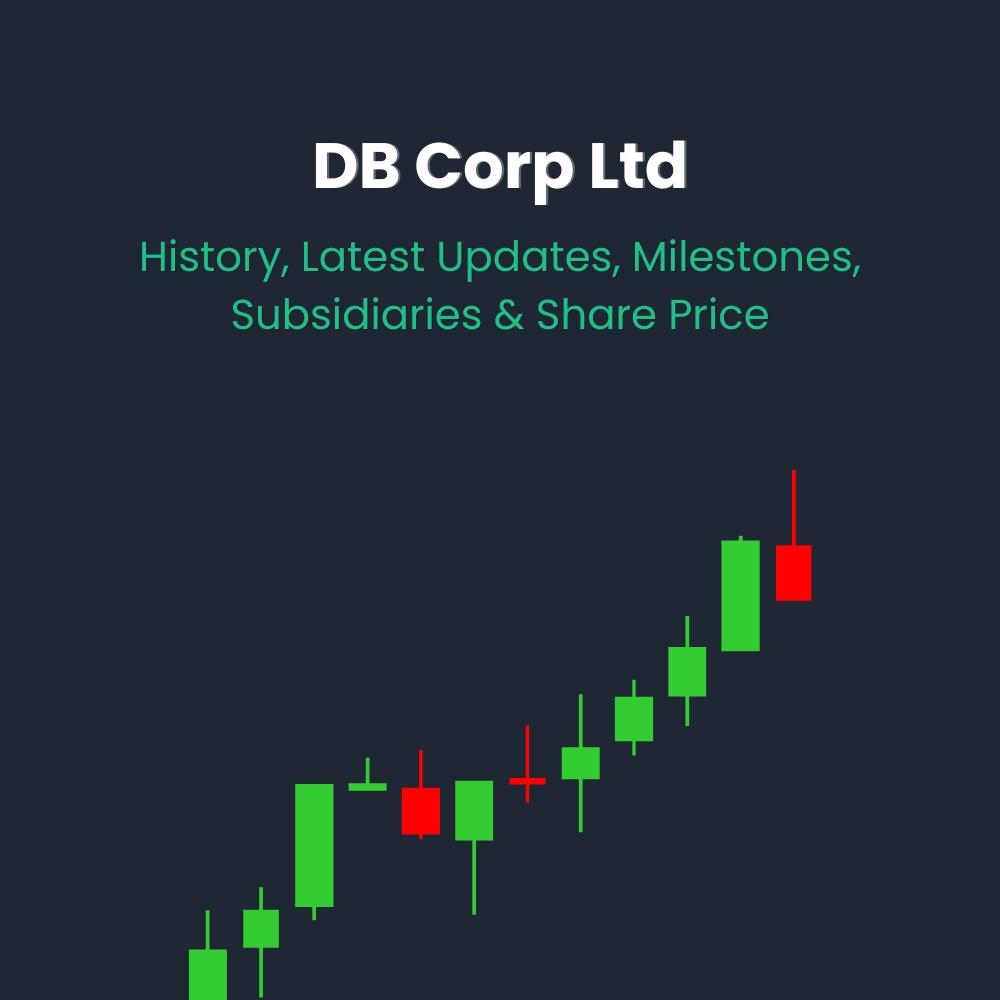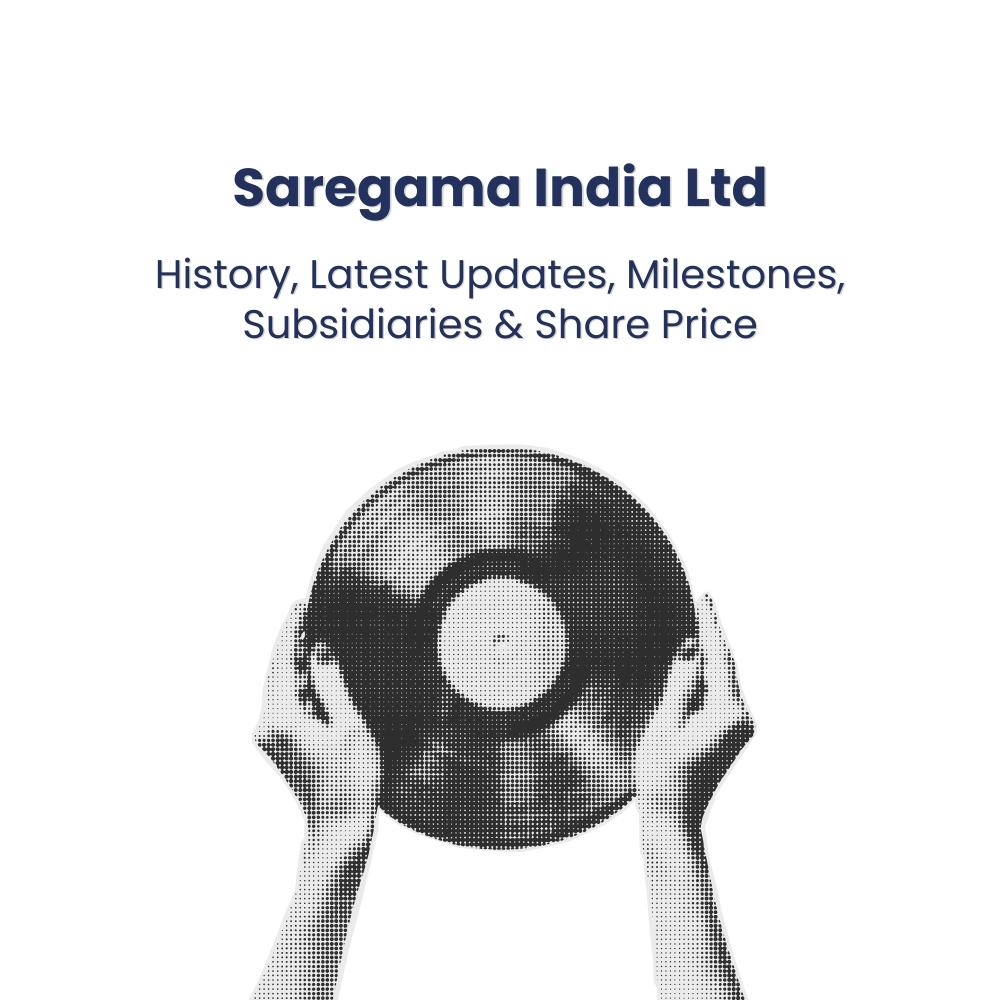What is a Derivative Contract – A Complete Overview
Derivatives trading is a huge and growing market. According to a report, the global derivatives market was worth an estimated $12.4 trillion at the end of 2021. It means more people buy and sell derivative contracts on an open market.
A derivative contract is a legally binding agreement between two parties that derives its value from an underlying asset. The underlying asset can be stocks, bonds, commodities, real estate, or cryptocurrency.
Derivative contracts are used as a way to hedge against risk or to speculate on the future price movements of the underlying asset. For example, if you are worried that the price of gold might fall, you could enter into a derivative contract that would give you the right to sell gold at today's prices at some point in the future.
The most common type of derivative contracts is futures and options. Futures contracts obligate both parties to buy or sell an asset at a set price and date in the future. Options give one party the right but not the obligation to buy or sell an asset at a set price and date in future.
In this blog, you will learn what a derivative contract is, its types and benefits, and some proven tips to master this form of trading.
What Exactly is Derivative Trading?
A derivative is a financial contract whose value is based on an underlying asset. For example, a stock option is a derivative because its value depends on its price.
For example, let's say you are a farmer who wants to sell your wheat crop in six months. However, you are worried that the price of wheat might fall before then. To protect yourself against this risk, you could enter into a derivatives contract with a buyer who agrees to purchase your wheat at a set price in six months. This way, even if the market price falls below your agreed-upon rate, you will still receive the contracted amount for your crop.
There are many reasons why people might choose to trade derivatives. For example, someone might want to protect themselves from potential losses if they think that prices will fall in the future. Or, someone might want to use derivatives as a way to speculate on future movements in prices.
On the flip side, there are several risks associated with derivative trading. For example, if the underlying asset's price moves in the opposite direction to what was expected, this could lead to losses. There is also the risk that one party might be unable to meet their obligations under the contract, which could also lead to losses.
Types of Derivatives
The most common types of derivatives are options, futures, and swaps.
Options give the holder the right, but not the obligation, to buy or sell an underlying asset at a specified price on or before a certain date. Futures contracts obligate the holder to buy or sell an underlying asset at a specified price on a certain date in the future. Swaps are agreements between two parties to exchange cash flows based on the performance of an underlying asset.
You can use derivatives for hedging, which means you can use them to offset risk in another investment portfolio. For example, if you own shares of stock that you think might go down in value, you could purchase put options as insurance against losses in your stock portfolio. Derivatives can also be used for speculative purposes, which means you can use them to bet on future movements in the prices of assets.
Let's take a closer look at each type of derivative:
Forwards contract
A forwards contract is an agreement between two parties to buy or sell an asset at a certain price at a future date. The buyer agrees to purchase the asset, and the seller agrees to sell it at a set price on a specified date. Forwards contracts are used in foreign exchange trading as they allow traders to speculate on the future value of currencies. You can also use them for other assets, such as commodities and shares.
There are two types of forwarding contracts - fixed date and option. In a fixed date forward contract, the buying or selling of foreign exchange occurs at a specified future date, known as the maturity date. An option forward contract gives the holder the right but not the obligation to buy or sell foreign exchange at a specified rate on or before a certain date in the future.
Futures contract
A future contract is a derivative or financial contract in which two parties agree to transact a set of financial instruments or physical commodities for future delivery at a special price. Future contracts are standardized by exchange traded on organized futures exchanges.
The price of a futures contract is determined by the underlying asset's spot price when the contract is first traded, plus or minus any adjustments for interest rates and other factors. The spot price is usually what you would pay if you bought (or sold) the actual commodity today.
Options contract
Options contracts are agreements involving two parties to enable the purchase or sale of a security at a specified price, known as the strike price, before or on the expiry date of the options contract.
Depending on the kind of contract held, the buyer of an options contract is granted the right, but not the obligation, to purchase or sell the underlying asset at the strike price on or before the expiry date.
The primary use of options is risk management; however, you may also use them for speculating. The price of an option is often much lower than the price of the underlying stock. By purchasing or selling an option instead of the underlying stock, an investor may get exposure to a stock's price movement without incurring the full cost of doing so. The premium paid by the buyer of an option to the option seller represents the price the buyer is willing to pay for this benefit.
Swap Contract
Swaps are a kind of derivative arrangement in which one financial instrument's cash flows or obligations are exchanged for those of another. However, the instrument being swapped is not limited to those with cash flows dependent on a notional principal amount, such as loans or bonds. The principle is seldom transferred. One leg of the exchange is each of the cash flows. Both cash flows are anticipated to occur, but one is guaranteed, and the other is subject to fluctuations in response to changes in a benchmark interest rate.
Warrant Contract
Warrants are a kind of contract that grants the holder the right, but not the obligation, to purchase or sell an equity asset at a certain price before the expiration date. The exercise price, also known as the strike price, is the value at which the actual security may be purchased or sold.
While European warrants may only be exercised on the expiration date, Indian and American warrants can be executed at any time before that date.
Call warrants give the holder the right to purchase a security, whereas put warrants grant the holder the corresponding right to sell the security.
How Does a Derivative Contract Work?
Assets that are easily exchanged are not traded in the derivatives market. It's a secondary market that deals specifically with the riskiness of capital and asset markets. The financial instruments exchanged on this exchange are all derivatives of some base value, as the name suggests. This is also a very volatile market. As well as fluctuations in the underlying assets' prices, volatility is created by buying and selling derivatives.
Most investors consider derivatives, i.e. equity derivatives, to be high-risk ventures. Hedge funds, speculators, margin traders, and arbitrageurs are all welcome in this market. Investors in derivatives often do so for strategic purposes. Buying a futures contract is one way to protect yourself against potential losses in the commodities market. However, arbitrageurs can quickly identify price differences due to the volatility of derivative prices.
How to Buy, Sell and Trade Derivatives
Here are some key tips to help you get started:
-
Find a broker that offers the products you want to trade. Futures and options exchanges list available contracts on their websites. You can also find information about brokers that offer electronic trading platforms for these markets.
-
Open a Demat account and fund it with enough money to cover the margin requirements for your trades. Margin is the amount of money your broker requires to enter a position. It is typically a small percentage of the total value of the contract.
-
Decide what type of derivative you want to trade. Futures contracts are the most popular type of derivative. They give the holder the right to buy or sell an asset at a specified price on a future date. Options are another popular type of derivative. They give the holder the right, but not the obligation, to buy or sell an asset at a specified price on a future date. Swaps are less common, but you can use them to speculate on interest or exchange rate movements.
-
Place an order with your broker. Orders for futures and options contracts can be placed online or over the phone. Your broker will execute your order and provide information about any applicable fees.
-
If your trade is successful, you will make a profit. Your broker will settle the trade and deposit the money into your account. If your trade is unsuccessful, you will make a loss. Your broker may require you to deposit additional funds to cover any losses incurred.
Conclusion
The bottom line is that derivative contracts are a great way to get involved in the equity markets without putting up a lot of money upfront. For those looking to start investing, open a free Demat account and look at some of the available equity derivative contracts.



